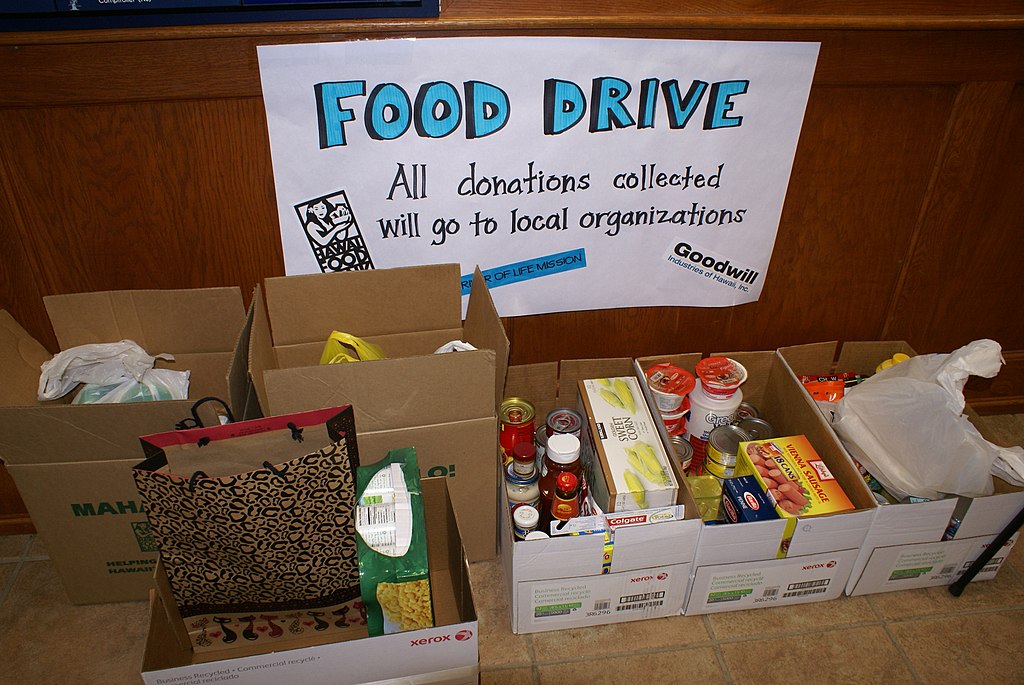Many Latinos, particularly eligible children in immigrant families, are not taking advantage of health and food assistance benefits like SNAP (or food stamps, a federal assistance program that provides supplemental aid to help eligible low-income families buy groceries). for fear of a rescinded Trump-era rule.
During the Covid-19 pandemic, families avoid seeking the social benefits they qualify for, fearing that a Trump administration rule will affect an immigrant family member’s chance of obtaining a green card or US citizenship.
The reluctance to apply for assistance programs, while available to residents regardless of their legal status, arose after changes to the Trump administration's rules that expanded the definition of the term "public charge". In this sense, immigrants who hope to qualify for citizenship and who enroll in publicly funded programs may be considered “public charges” if the authorities so determine.
The Department of Homeland Security had previously defined “public burden” as reliance on cash assistance or long-term, government-funded institutional care. But the Trump-era rule expanded the definition to include additional benefits such as food stamps, Medicaid, some prescription drug subsidies, and housing vouchers. In this context, research data from the Urban Institute pointed out that almost 28% of immigrants in families with members who did not have green cards lost a series of public benefits to which they were eligible.
Thus, SNAP participation among U.S. citizen children living in families with “mixed” immigration status dropped nearly 23% from 2018 to 2019, according to an analysis by the nonprofit Food Research and Action Center.
NBC News publication.
“No Kid Hungry and UnidosUS, the country’s largest Latino civil rights and advocacy organization, announced a partnership on Wednesday alongside a bilingual campaign to encourage and help more families enroll in SNAP.
Both groups estimate that more than 4 million SNAP-eligible Hispanics have not enrolled in the program, which advocates and experts have long considered a powerful tool to reduce food insecurity and child poverty”, according to the publication.
Most immigrant families are unaware that the Trump rule ceased to apply after President Joe Biden took office, and food insecurity increased among Latinos during the pandemic, according to a survey conducted by “No Kid Hungry”.
“At the same time, the Biden administration implemented the largest permanent increase in SNAP benefits in the program’s history several months ago. In October, the average monthly SNAP benefit for an individual increased by $36.24 after a cost adjustment to reflect changes in the food marketplace and consumers’ circumstances”, according to the NBC.
“The Biden administration is officially changing the "public charge" definition, proposing to limit it to participation in income assistance programs, such as Supplemental Security Income and Temporary Assistance for Needy Families […]. The proposed rule is expected to go into effect sometime after April 25, when the 60-day public comment period on the new language ends”.
 commons.wikimedia.org
commons.wikimedia.org











